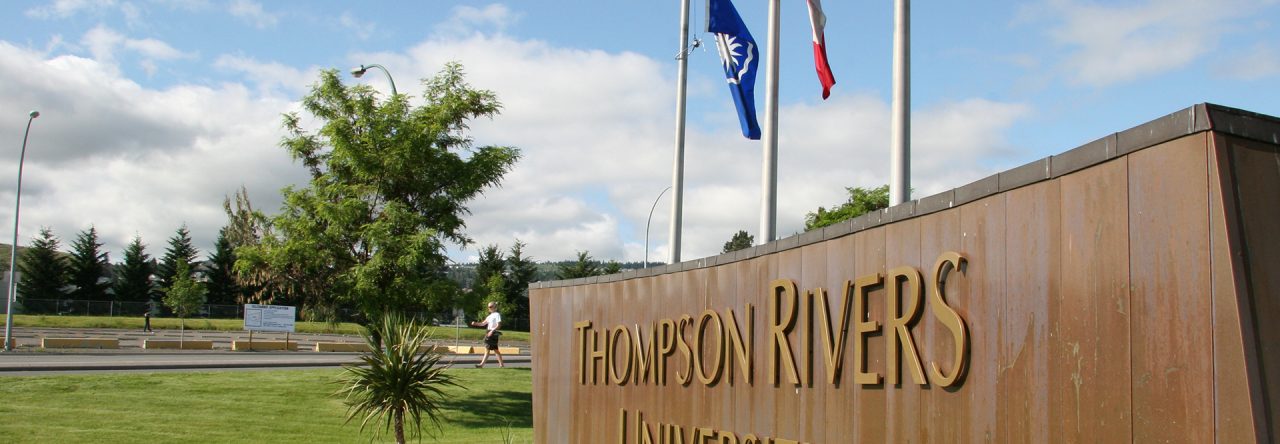Researching with Soul and Intentionality: A New Era of SoTL Research
by Dr. Tanya Manning-Lewis and Dr. Alexis Brown
It is not a coincidence that Alexis and I are co-writing this piece on new ways to think about SoTL research. We have talked about this many times over the course of the year as we feel a sense of urgency to disrupt traditional ‘academic’ research. It is not lost on us that research that works out of different kinds of logic that are embedded in ‘non-linear relationships and flows (Law and Urry, 2004) is often seen as transgressing traditional forms of research bound to objectivity. But why is that? Why does non-linear, collaborative, and post-humanist research threaten the “predictable order” of research (Allen, 2023)? SoTL Scholars Potter and Raffoul (2023) reason that we need room for the humanities and non-traditional research to be a part of the SoTL research community, and this requires more nuanced ways of thinking about SoTL research. As colleagues who share this view, we are bound by our desire to push the boundaries of SoTL research. In doing this work, we often ask ourselves, what exactly is SoTL research, and what does this look like through trans-disciplinary and interdisciplinary lenses?
The CELT 2023-2024 SoTL Scholars program cohort revealed much about trans-disciplinary and interdisciplinary approaches to research. It was fascinating to be a part of the cohort of scholars and witness the vastly different ways our colleagues were engaging in their SoTL scholarship and research. Collectively, we aim to deepen our understanding of our scholarship of teaching, but our different disciplinary backgrounds have us embedded in particular ways we view and think about research. Some of us leaned into traditional forms, while others were drawn to challenge the hegemony of mechanical and technical methodologies, privileging instead the principles that research is not and never can be an innocent, neutral or value-free endeavour. As we dug into the messiness of research in our many cohort meetings, it was evident that, at times, we were drawn back to the predictable order of research. It was clearly difficult to make that jump to research outside of the bounds of ‘academic work.’
As Bochner (2014) muses, we need to write and research with soul- to embrace that we are flawed, messy and complicated human beings (and SoTL scholars) engaging in complex work, as our colleague Natasha Ramroomp Singh argued in her post last month. But is it possible to engage in research in this manner without seeming to be a threat to the field of SoTL or to our original academic disciplines? Does SoTL create the space to deconstruct, disrupt and reconstruct research that creates new possibilities? The short answer is yes. We had many wonderful conversations and breakthroughs in our SoTL meetings that revealed that there is space for new ways of thinking about research.
The longer answer involves embracing the discomfort and messiness that come with real, lived teaching and research experiences. We know this can be unsettling as there are often many questions about maintaining rigour in research. To be clear, rigour looks different in different types of research, and the qualitative researcher is as committed to rigour as any other field. But it is also important to acknowledge that researchers engaging in non-traditional research do the work of positioning themselves in the research and engaging in reflexivity. This reflexivity ensures a thoughtful, credible approach to data collection where authenticity and depth of the engagement take precedence. This is what SoTL research represents for some of us- the opportunity to engage deeply with our work.
At its core, SoTL is not just about researching pedagogy; it is a community-engaged process where we learn and grow together, constantly refining our understanding of teaching and learning. It challenges us to collaborate with our students as co-researchers and co-learners, bridging gaps between the classroom, research, and lived experiences. Through transdisciplinary and interdisciplinary lenses, SoTL offers a space to expand beyond rigid frameworks, experiment with methodologies that value complexity, and embrace research that is inherently reflexive and relational. It can feel risky to step away from conventional research, but this is precisely where SoTL offers immense possibility. It can be the space where we disrupt and ultimately reconstruct research in ways that can be transformative for ourselves and our students. The very nature of the work pushes us to engage differently with knowledge creation, inviting us to learn from one another, our students, and the communities around us. We are excited by this prospect and what the future cohorts of SoTL Scholars will offer as we continue these conversations.
References
Allen, A. (2023). The death of thought: Reading Bataille in the ruins of a university. Research in Education, 119(1), 65–78.
Bochner, A. P. (2014). Coming to narrative: A personal history of paradigm change in the human sciences (1st ed.). Routledge.
Law, J., & Urry, J. (2004). Enacting the social. Economy and Society, 33(3), 390–410.
Potter, M. K., & Raffoul, J. (2023). Engaged alienation: SoTL, inclusivity, and the problem of integrity. International Journal for the Scholarship of Teaching and Learning, 17(1), Article 2.

Leave a Reply